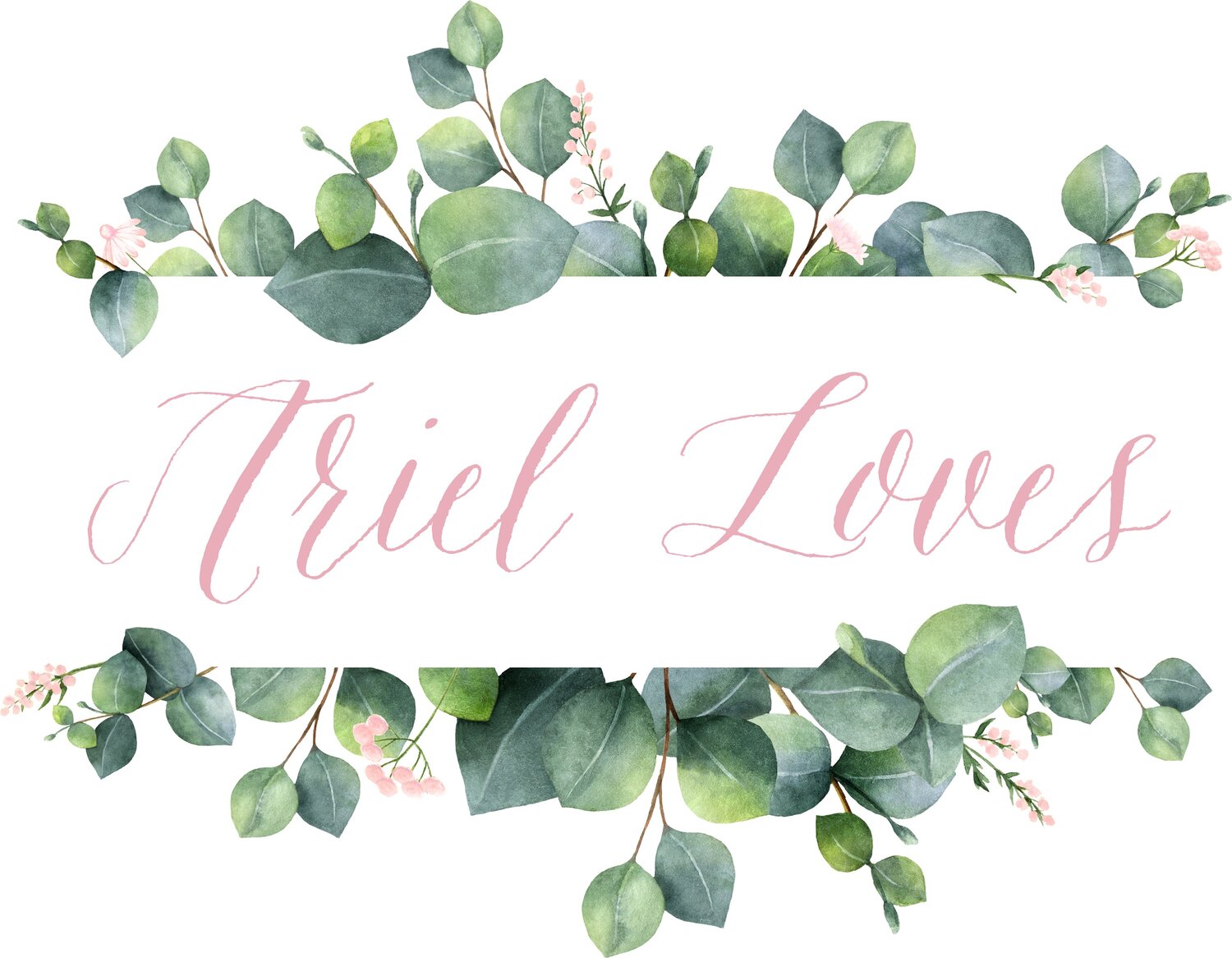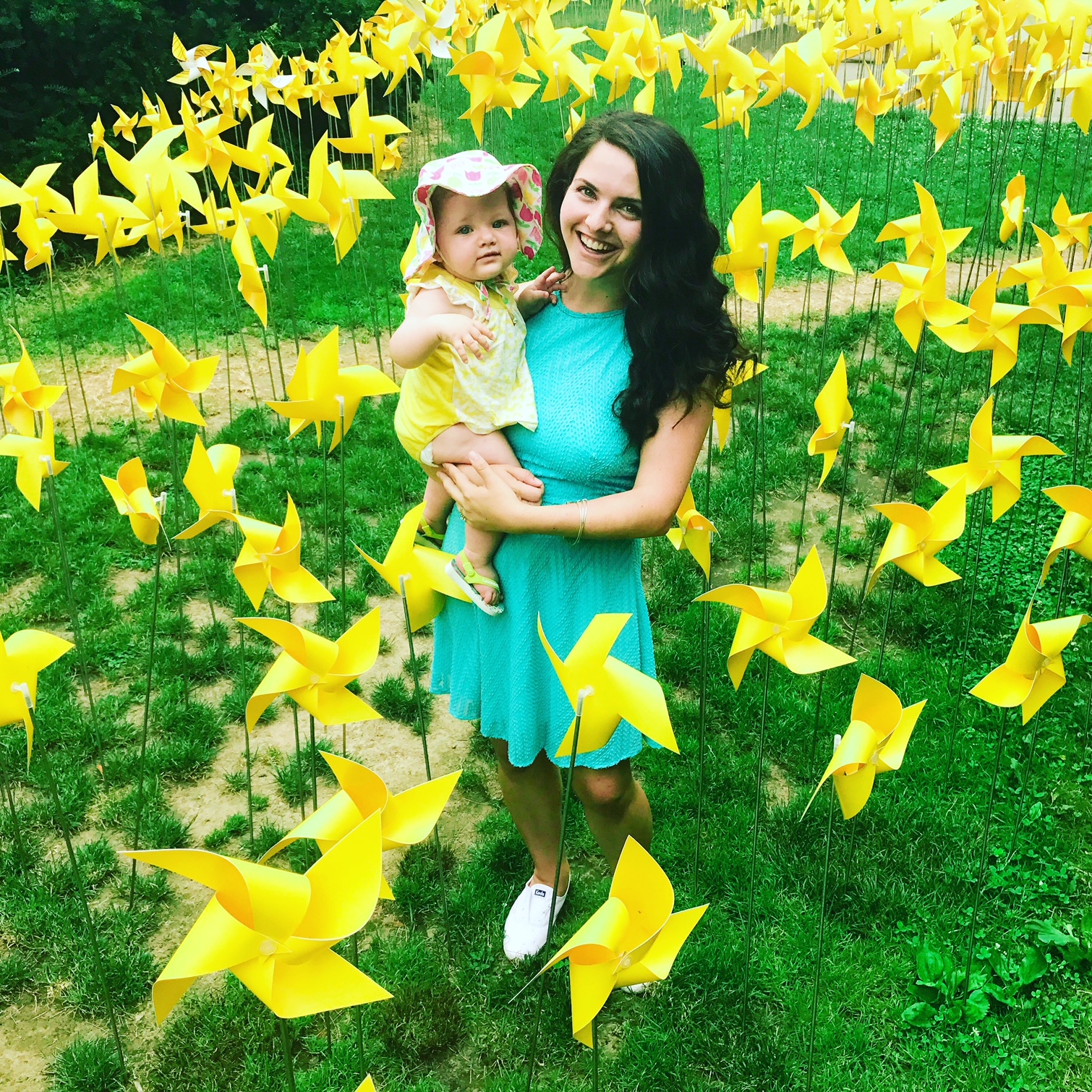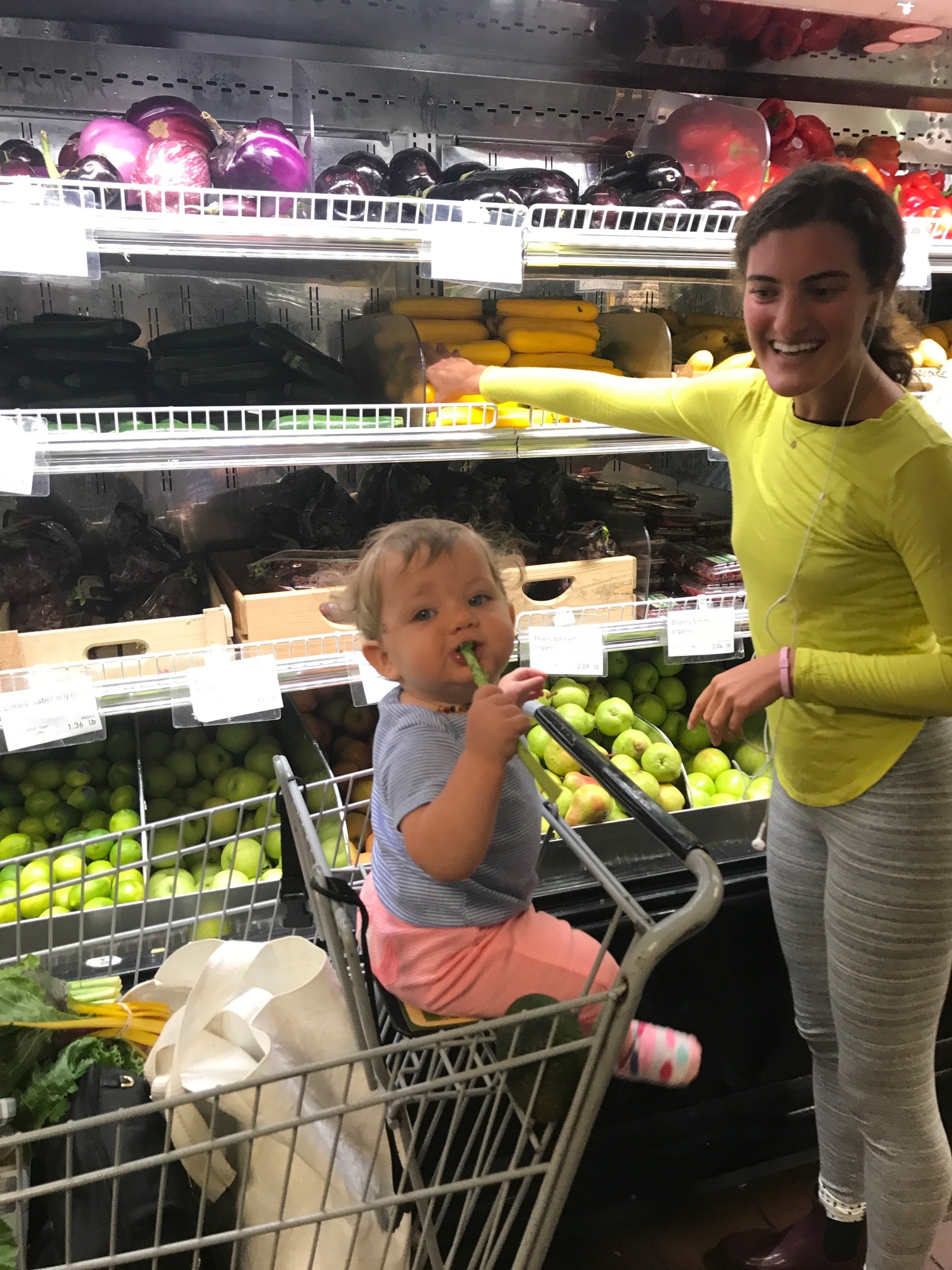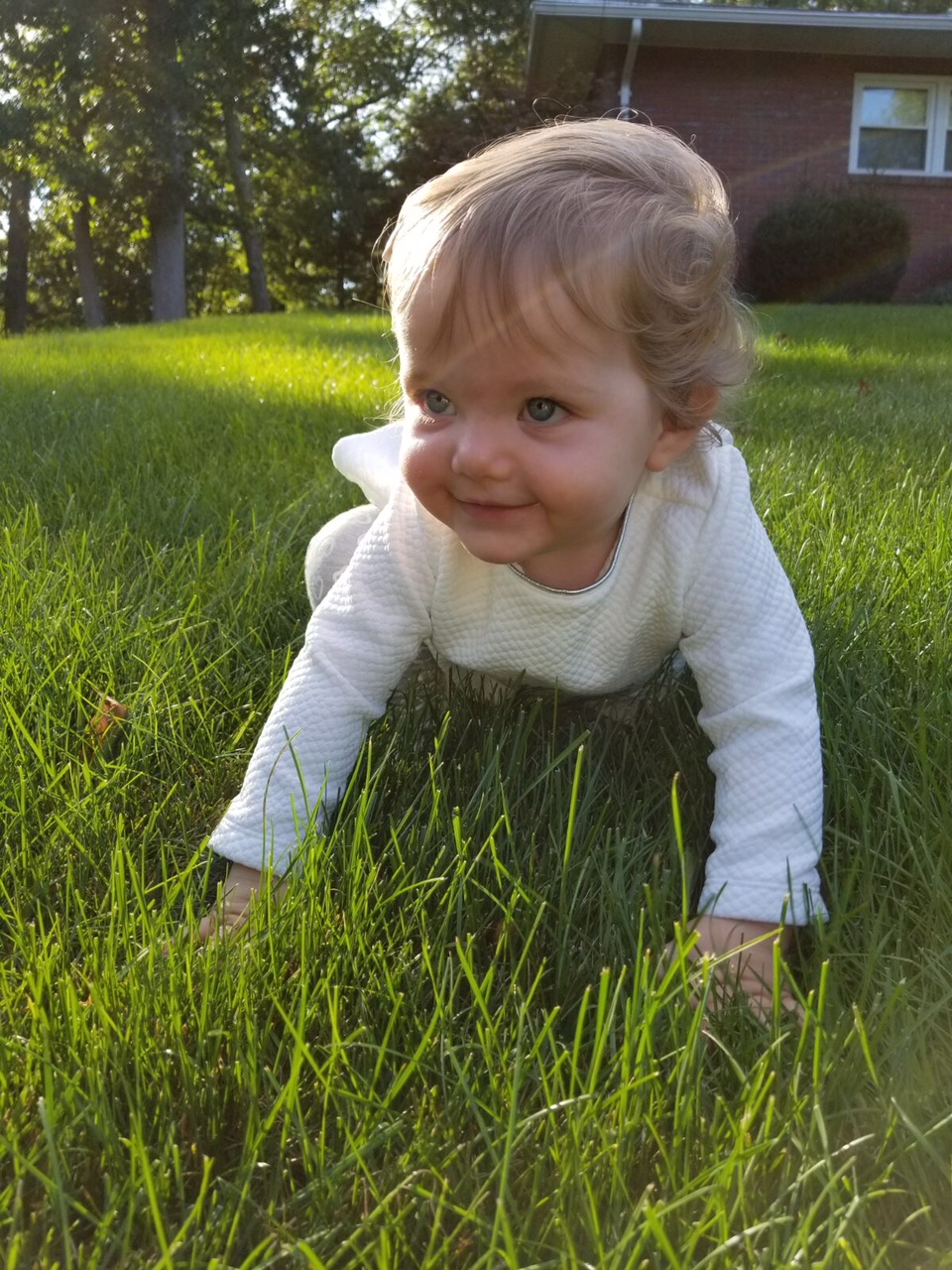3 Eco-Friendly Lifestyle Changes I'm Making in 2018
Yesterday was Tu B'Shvat, a Jewish holiday that is also known as the "New Year for Trees." Without getting too detailed about the history of the holiday, it helps to give some background about its origins. In Judaism, there are several different "new years." This is not as odd as it may seem... in the U.S., we have the calendar year (January-December), the school year (September-June), and many businesses have fiscal years. It's basically the same idea with the various Jewish new years.
Tu B'Shvat is the new year for the purpose of calculating the age of trees for tithing. Each tree is considered to have aged one year as of Tu B'Shvat. There are few customs related to this holiday. One custom is to eat a new fruit on this day, or to eat one of the Seven Species (wheat, barley, grapes, figs, pomegranates, olives and dates.) Growing up, I didn't do too much to celebrate this holiday, since it is kind of minor compared to other ones on the calendar. I remember donating money to plant a tree in Israel and maybe trying a new fruit, but that was it. It also felt strange to celebrate trees in the middle of winter!
In anticipation of the holiday this year, I began thinking about what it means to me now as an adult. I'm not a farmer (nor do we live in an agricultural society) so the concept of tithing does not relate to me. For me, Tu B'Shvat is more of a symbolic time to celebrate trees, as well as an opportunity to reflect on the wonder of our environment and the impact we have on it. I'd like to think of myself as a pretty environmentally conscious person - after all, I bring my own canvas bags to the grocery store and carry around a reusable water bottle. But there is so much room for me to grow and live a more eco-friendly lifestyle. I'm sharing 3 eco-friendly resolutions for this year in the spirit of Tu B'shvat:
1. Use Paper Less And Recycle More
Recycling is easy and one of the best ways to live green. The world we live in is much more reliant digital technology than ever before so it's not hard to go days without using a notebook or even a piece of paper. The less paper you use, the less paper needs to be produced and the more trees that get to fill our forests. According to the EPA, by recycling one short ton (0.91 t) of paper you can save 17 mature trees. If it is essential for you to use paper at your job or at school, you can still make a difference by recycling the paper you do use. I already recycle paper in my home, but I have resolved to cut down on the paper waste I produce. One way I'm doing this is by signing up for e-bills and reducing the junk mail I get. Almost everyday, I receive so much mail that I end up tossing in the recycling bin right away. It is so wasteful! I recently learned about a non-profit organization called Catalog Choice, whose mission is to stop junk mail for good. Catalog Choice is passionate about helping protect natural resources and helping consumers simplify our lives. Best part - it's FREE! Use this service to cancel specific catalogs and other types of paper mail you no longer wish to receive. I already signed up and can't wait to see more fun mail like cards and invitations rather than junk mail in my mailbox!
2. Use Reusable Produce Bags
As I mentioned earlier, I have been using canvas tote bags in place of disposable shopping bags for years. However, I still use the one-time-use plastic bags for all of my produce. In my research, I learned a few facts about single-use plastic bags:
- It is estimated that worldwide plastic bag consumption falls between 500 billion and 1 trillion bags annually. That breaks down to almost 1 million every minute.
- Only 0.5% to 3% of all bags winds up recycled.
- Plastic bags are the second-most common type of ocean refuse, after cigarette butts
- A single plastic bag can take up to 1,000 years to degrade.
- When plastics break down, they don't biodegrade; they photodegrade. This means the materials break down to smaller fragments which readily soak up toxins. They then contaminate soil, waterways, and animals upon digestion.
One of my resolutions is to stop using single-use plastic produce bags when I go food shopping. I picked up a pack of reusable produce bags similar to these that I plan to use at the grocery store and farmer's market.
3. Start a Compost Pile
I saved this goal for last because it is one that I've been putting off for a while. Compost bins have become a huge trend throughout the U.S. in the last few years – and for good reason! Composting reduces landfill waste and incineration, and therefore emissions and it reduces dependence on fossil fuels. Food scraps are the number one material sent to landfills. In New York, it accounts for a third of all residential trash; more food is thrown out than paper or plastic. All of that goes to landfills, where it takes thousands of years to decompose. It costs the city 336 million dollars each year, but if we could return our food to the soil, we could save 100 million dollars a year. I've known about composting for a while, but I've never done it in my home, because I didn't know where to begin. This article makes a great case for why we should compost and where to start. Luckily, my apartment building has its on compost bin (next to our recycling bins outside) for weekly collection that I plan to use, but if you don't have your own bin, you can bring your pile (which can be stored in the freezer so it won't smell) to your local greenmarket.
Starting something new can be stressful when you are not sure where to begin. If you are also interested in living a more green lifestyle, you might feel overwhelmed about all of the changes. So, I intend to start SMALL and focus on little changes I can make one step at a time. *No one can do everything, but everyone can do something.* I want to set an example for Adina and do what I can to live a more environmentally conscious life. What are some of your eco-friendly resolutions or things you already do? Let's help each other stick to our goals! I would love to hear in the comments below!










